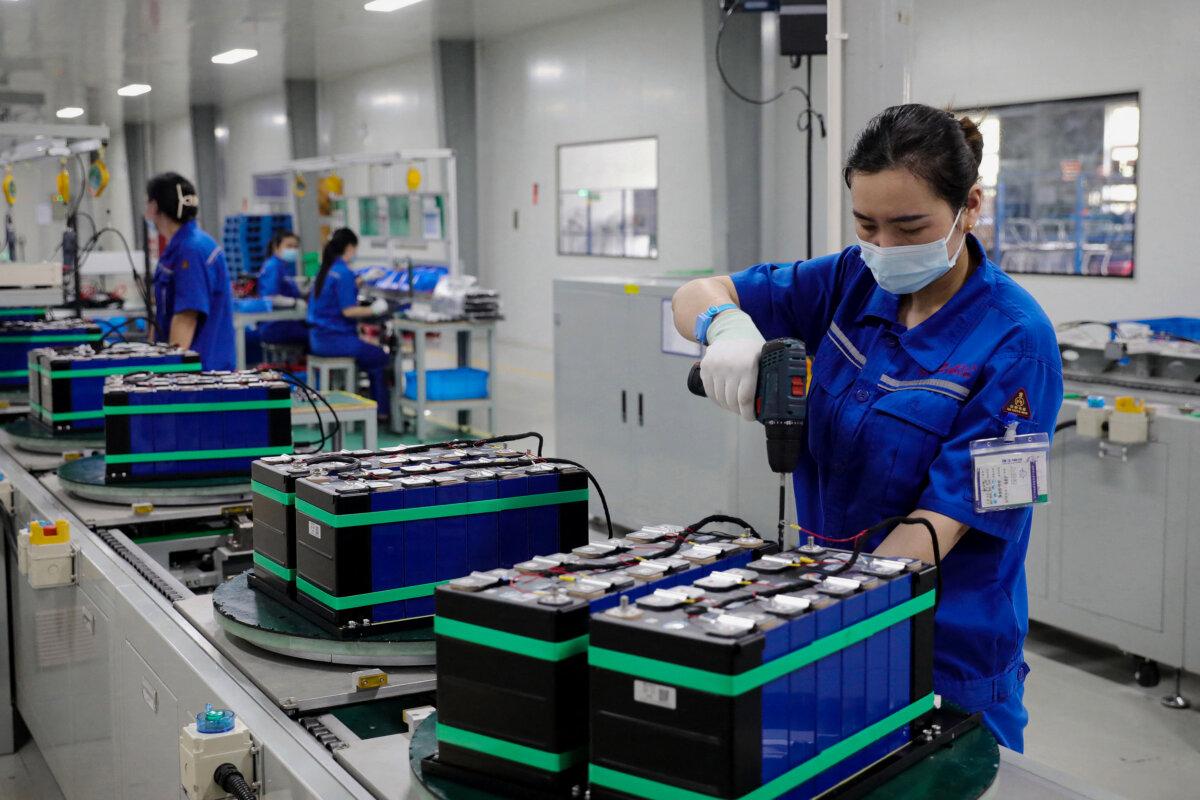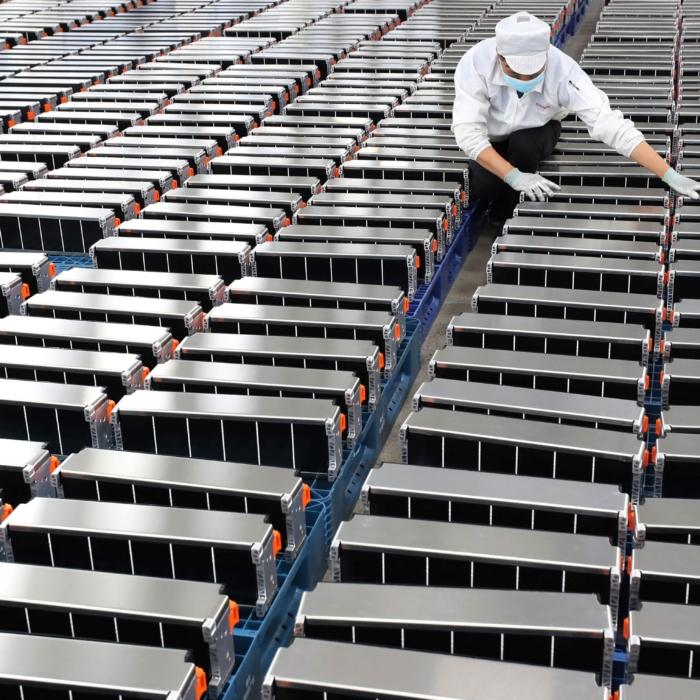A new international study has warned that the global push towards electric vehicles is at risk from severe lithium shortages, putting the UK’s net zero ambitions at risk.
Lithium, often dubbed “white gold,” is the key component in the rechargeable batteries that power EVs.
Without a reliable, affordable supply, scaling up clean transport becomes nearly impossible.
Battery Demand Soars as EV Targets Near
Under the Zero Emission Vehicle mandate, at least 80 percent of new cars and 70 percent of new vans sold by 2030 must be zero-emission, with the target rising to 100 percent by 2035.But surging global demand is rapidly outpacing lithium supply.
In 2010, just 23 percent of lithium consumption went to batteries; by 2021, that figure had jumped to 74 percent.
UK Projects Push for Domestic Security
Several UK-based companies are now racing to build a domestic lithium supply chain amid rising geopolitical tensions and supply risks.Cornish Lithium and British Lithium—now working in partnership with French mining firm Imerys—are developing extraction projects in Cornwall.
Further north, Northern Lithium and Weardale Lithium are advancing brine-based operations in County Durham.
Meanwhile, Green Lithium is planning a major refinery in Teesside to process imported raw materials, aiming to fill a key gap in the domestic refining capacity.

Speaking to The Epoch Times, study co-author Andre Manberger said that five UK lithium mining projects are likely to cover more than half of the future UK demand in 2030.
However, he added that Britain still needs to address key gaps in the supply chain, such as lithium refining, production of battery precursor materials, and battery manufacturing.
The UK, however, remains outside this formal framework.
During a visit to Cornish Lithium’s Trelavour Project last month, energy minister Sarah Jones stressed the government’s commitment to securing homegrown supply.
“In a changing world, it’s never been so important to have strong supplies of critical minerals. Without them we can’t have renewable energy, AI, or a thriving car sector,” she said.
Jones confirmed that an upcoming Critical Minerals Strategy will reflect lessons from the visit and support domestic industries.
Strategic Autonomy and the Gigafactory Push
Demand for UK-based battery production is projected to exceed 100 GWh by 2030 and nearly 200 GWh by 2040, driven by private vehicles, commercial fleets, buses, and grid storage.Launched by former Defence Secretary John Hutton, it is set to produce recommendations in early 2026, following a consultation with industry, government, and other stakeholders.
“Batteries are no longer just a tech issue or an energy issue – they are a national strategic imperative,” said Hutton in a statement.
Trade Tensions
The lithium supply crisis is not just about scarcity, it’s about competition.Manberger and co-authors of the study on regional lithium imbalances revealed that if one region aggressively expands imports, it directly reduces access for others.
In one high-demand scenario, increased U.S. imports could cut China’s supply by 86 percent and Europe’s by 69 percent.

With China already controlling most of the refining process, and absorbing nearly all of Australia’s lithium concentrate, the UK’s dependence is deeply entrenched.
Manberger warned that this imbalance could turn into a diplomatic weapon.
“The risk of China’s dominance is not only that Europe will lose its domestic automotive industry and thus its prosperity, but also that we could become a target for blackmail in the event of global conflicts,” he said.
Manberger noted that while Europe has “significant potential for extraction,” the path forward “will not be easy.” He cautioned that losing key industries during the energy transition could undermine public support for Europe’s ambitious climate goals.
The authors suggested several ways to ease the pressure on lithium supply. These include using smaller batteries in EVs, promoting shared transport, and better public transit.
Recycling Won’t Help—Yet
Battery recycling is often seen as a long-term solution to supply shortages, but it won’t provide relief in the short term.Asked about the UK’s potential to recycle lithium by 2030, Manberger said, “Lithium recycling, although important in the very long term, will not make much of a contribution in the next 10 years because EVs and batteries have long lifetimes and demand grows very fast.”
While EVs are broadly viewed as green alternatives, critics warn extraction of critical minerals, such as lithium, may replicate many of the same environmental harms as fossil fuel production.
As global demand rises, there is a growing danger that regulations may be weakened, poorly governed mining may expand, and geopolitical tensions may escalate.
RUSI cautioned that if the mining sector fails to manage these risks, public opinion could shift against the net zero transition, “as the harms are perceived to outweigh the benefits.”







